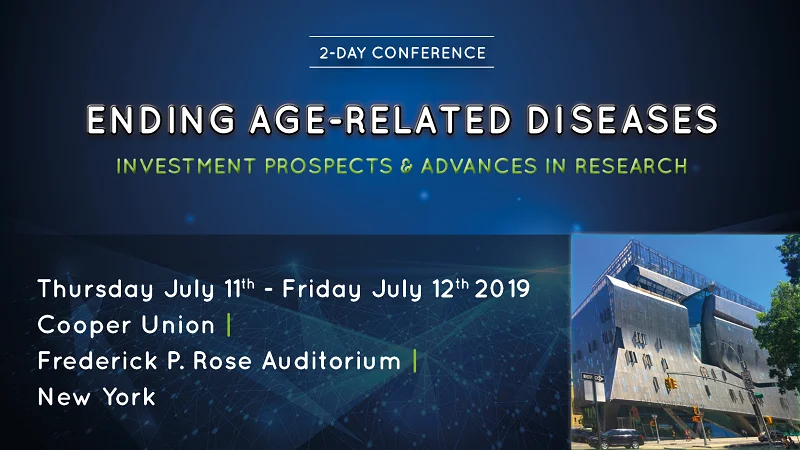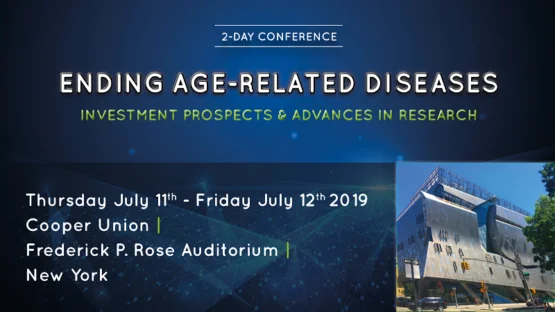We are drawing close now to the Ending Age-Related Diseases Conference in New York City, so with less than a month before the big day, today is the ideal time to have a look at what has been happening.
Tickets are priced at only $500 and include access to two action-packed days of aging research and biotech business discussion. There will be talks covering the latest research progress along with talks involving the business and investment side of the industry, and this conference will feature a total of 34 leading experts in the field of rejuvenation biotechnology.
Refreshments and lunch are provided on site for your enjoyment during both days of the conference, and a conference program is available here.
A biotech company crash course
To kick off the conference this year, there will be a pre-conference workshop led by Dr. Kelsey Moody, CEO of Ichor Therapeutics, a successful and rapidly growing rejuvenation biotechnology company.
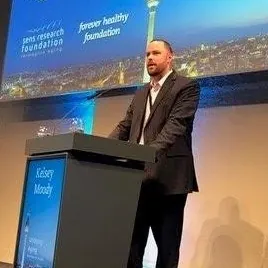 Covering the essentials of launching, developing, and leading a successful biotechnology company, this special biotech workshop will feature a strong emphasis on the rejuvenation biotechnology field.
Covering the essentials of launching, developing, and leading a successful biotechnology company, this special biotech workshop will feature a strong emphasis on the rejuvenation biotechnology field.
If you’ve considered running your own biotech company, this workshop is a must, and we are also offering a 40% discount off the regular price of $500 for conference attendees!
Announcing more speakers
We’ve confirmed even more exciting speakers since the last update!
Dr. Kris Verburgh confirmed
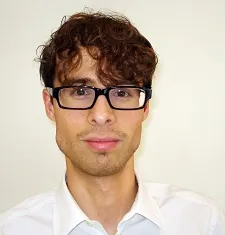 We are very pleased to announce that Dr. Kris Verburgh from the Free University of Brussels has just confirmed that he will be taking part in the conference this year. He is a medical doctor, researcher, and author who specializes in health, aging and the future of medicine and biotechnology.
We are very pleased to announce that Dr. Kris Verburgh from the Free University of Brussels has just confirmed that he will be taking part in the conference this year. He is a medical doctor, researcher, and author who specializes in health, aging and the future of medicine and biotechnology.
He is constantly studying how new technologies and insights into the aging processes have the potential to be transformative in healthcare and how they might lead to longer and healthier lives for us all.
Another prominent interest of his is nutrition, which he believes is one of the best, if not the best, ways that we currently have to slow down the march of aging and buy ourselves more time to live until the rejuvenation age; his latest book, The Longevity Code, is centered around this topic.
Earlier this year, we had the opportunity to interview Dr. Verburgh about his work and where we explore his thoughts on nutrition, among other things. Join us to learn how you can potentially slow aging now using nutrition while more advanced therapies are being developed.
Hitting the reset switch on aging cells
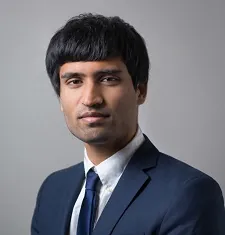 Dr. Jay Sarkar from Turn.Bio has also confirmed that he will be speaking at the conference. His talk, “Epigenetic reprogramming for multifaceted reversal of aging phenotypes”, will feature the exciting work that his company is doing to reset aging in all our cells.
Dr. Jay Sarkar from Turn.Bio has also confirmed that he will be speaking at the conference. His talk, “Epigenetic reprogramming for multifaceted reversal of aging phenotypes”, will feature the exciting work that his company is doing to reset aging in all our cells.
This is known as partial cellular reprogramming and directly addresses a primary hallmark of aging: epigenetic alterations, the changes of gene expression that tell a cell how old it is and how to function. It was long suspected that we might use this technique to reverse cellular aging and regenerate aging organs and tissues thanks to earlier experiments with iPS stem cells, but the approach has recently been shown to work in living animals. Now, the race is on to bring the therapy to humans!
To learn more, check out our interview with Turn.Bio; better still, come and find out how Dr. Sarkar and his colleagues are planning to turn back time in every cell of our bodies for longer and healthier lives.
Cancer and senescent cell therapies
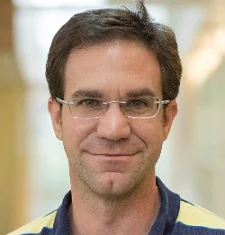 Dr. Jared Fischer from Oregon Health and Science University is also going to be speaking at the conference and talking about his work in developing senolytics, which clear the body of harmful senescent cells that contribute to age-related inflammation and poor tissue regeneration and are linked to various age-related diseases, including cancer.
Dr. Jared Fischer from Oregon Health and Science University is also going to be speaking at the conference and talking about his work in developing senolytics, which clear the body of harmful senescent cells that contribute to age-related inflammation and poor tissue regeneration and are linked to various age-related diseases, including cancer.
His talk, “Rationally designed FOXO4-p53 interfering peptide selectively kills chemotherapy-induced senescent and dormant cancer cells in vivo”, will be exploring how a therapy that targets the FOXO4-p53 pathway, a way in which senescent cells remain alive and at large in our bodies as we age, can be developed to be both selective and effective as a companion cancer therapy in humans.
Chemotherapy has been shown to kill cancer cells but turn healthy cells senescent in the process; it is now thought that senolytic therapies could be used as a follow-up therapy to destroy these senescent cells and reduce the chance of a patient having a relapse.
The future of cancer treatment is changing; come along and find out how aging research is driving that change!
Unlocking our potential to regenerate damaged hearts
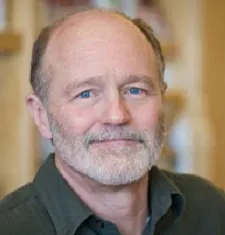 Dr. Kevin Strange from Novo Biosciences will also be speaking at the conference with his talk, “Rethinking regenerative medicine: developing small molecule drugs that unlock our innate regenerative potential”, which will explore how researchers are trying to harness the innate ability of human tissues to regenerate as they do in other species.
Dr. Kevin Strange from Novo Biosciences will also be speaking at the conference with his talk, “Rethinking regenerative medicine: developing small molecule drugs that unlock our innate regenerative potential”, which will explore how researchers are trying to harness the innate ability of human tissues to regenerate as they do in other species.
Novo Biosciences has identified the first drug candidate shown to stimulate a damaged heart to repair itself by targeting pathways, normally dormant in humans, that spur the heart to regenerate and restore lost function. Given that heart attacks are the greatest killer in the world, this has the potential to be transformative.
Imagine a world where it is possible to repair and regenerate from even the harshest injuries, such as heart attacks; be there with us to find out how companies like Novo Biosciences are bringing us closer to such a future.
More sponsors support the conference
We would like to thank Genome Protection, Nemalife, Immunis, and Insilico Medicine for deciding to sponsor our conference this year as well as the other companies and organizations that have already chosen to do so. Their support means a great deal to us and helps us to produce a high-quality event that adds true and lasting value to this industry.
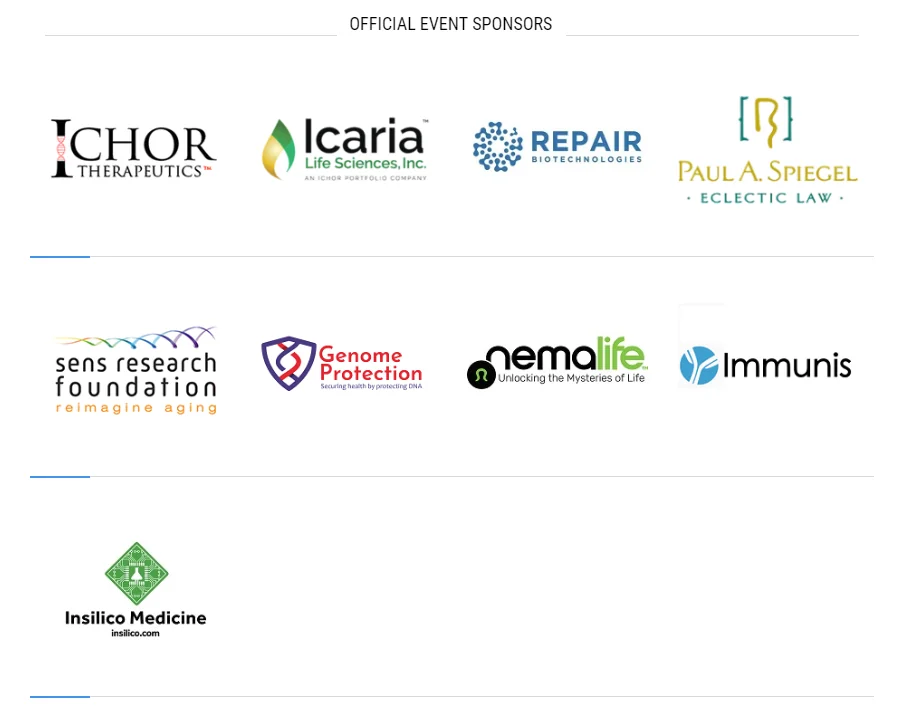
If you would like to become an official sponsor or media partner for our event, please get in touch.
Not long to get your ticket
There are only 23 days to go before the big day and places are limited, so now is the ideal time to purchase your ticket. This is going to be an amazing two days of science that you will not want to miss, so secure your place today before seats run out!

